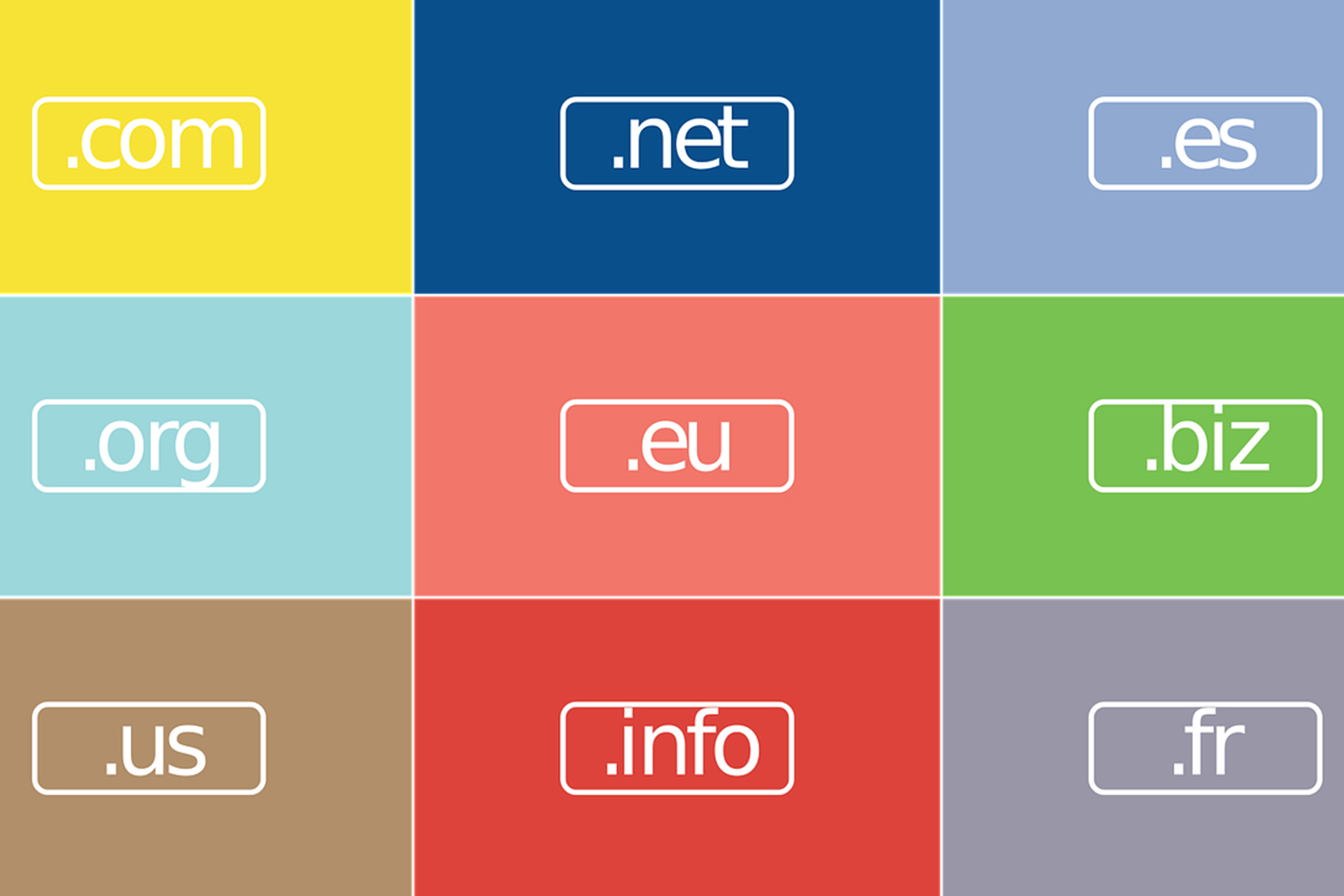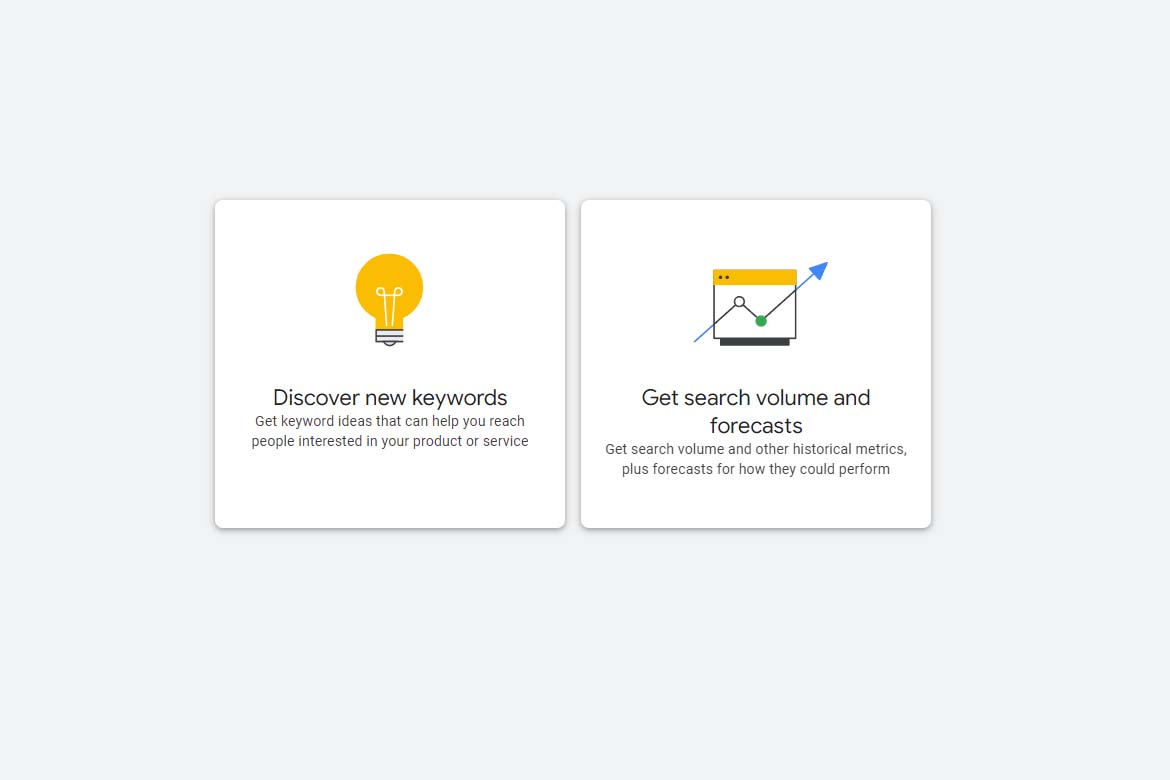A strong domain name is essential for every business, every project and every company. It has a direct impact on the perception of your brand.
A domain name is your URL, or as it’s more commonly known, your web address. Every domain name is unique and yours will be unique to you. It is your dedicated space on the internet and it is where users (and potential users) will locate you in a search.
Unfortunately, there are plenty of wrongly made assumptions when it comes to settling on your domain name of choice so we have dedicated this post to dispelling some of the most common myths:
“.com” is key for SEO (search engine optimisation).
This is the biggest myth when it comes to domain name registration. Having “.com” in your domain name doesn’t necessarily mean that you will be found more easily in a search.
Take gTLDs for example. Generic top-level domain names are extensions of your typical “.com” and “.co.uk”. These can be practical extensions such as “.web” or “.tech” or location-based such as “.london”. Heck, you could even opt for “.ninja” if that’s what works for you.
And according to those in the know at Google; “[Google’s systems] treat new gTLDs (generic top-level domains) like any other common gTLD (e.g. .com and .org). Keywords in a gTLD do not offer an advantage, nor a disadvantage when conducting a search.”
Your domain should contain keywords.
The inclusion of a keyword or keywords in your domain name carries little importance and offers no guarantee that your website will appear first in a search engine results list. Instead focus on building a memorable website. Even if you’re confident that you know exactly what your keywords should be (and that they guarantee you will stand out from the crowd), bear in mind that keywords are not set in stone and are quite likely to evolve and change over time. What then for your web address?
You can’t use dashes.
First thing’s first; hyphens (dashes) are the only symbol you are allowed to use within a domain name. Although there are a few reasons why you might avoid using hyphens, they are very much permitted and in fact, can be incredibly effective. For starters they can be a useful tool in making your domain name stand out (as they act as a natural spacer, separating words within your domain name to prevent them appearing jumbled). Hyphens also allow you greater flexibility, particularly if your first choice of domain name happens to be unavailable; i.e. “flowershop.com” and “flower-shop.com”.You could also consider paying for the rights to a hyphenated and non-hyphenated version of your domain name, to protect your brand and prevent unnecessary confusion. And finally, hyphens have no bearing or influence on how highly you rank in a Google search.
Anyone can own a domain name.
When you register a domain name, you are actually paying for the right to use it, for a defined period of time. As demonstrated by the (probably) annual renewal notices you receive, no one ever owns a domain name outright, forever.
Once you have paid for and are renting your domain, you may not always have the right to continue using it. Take Brexit, for example. Thousands of UK-based businesses previously registered with “.eu” domains have now been stripped of them as a result of the changes in legislation.
I was the first to register my domain name so I have first refusal.
Also not true unfortunately. If you do not renew when prompted to do so – or if you forget to register at all, the domain is up for grabs by anyone who likes the look of it. Proactive renewal is a must if you want to maintain your domain/s of choice.
And finally…
The domain name is the foundation upon which your website is built. It is key when it comes to your target users being able to find you and then, how they perceive your brand. Having awareness of these common misconceptions could mean the difference between your ability to progress (and that of your competitors) and having an effective and intuitive domain name is ultimately critical to the success of your business.




